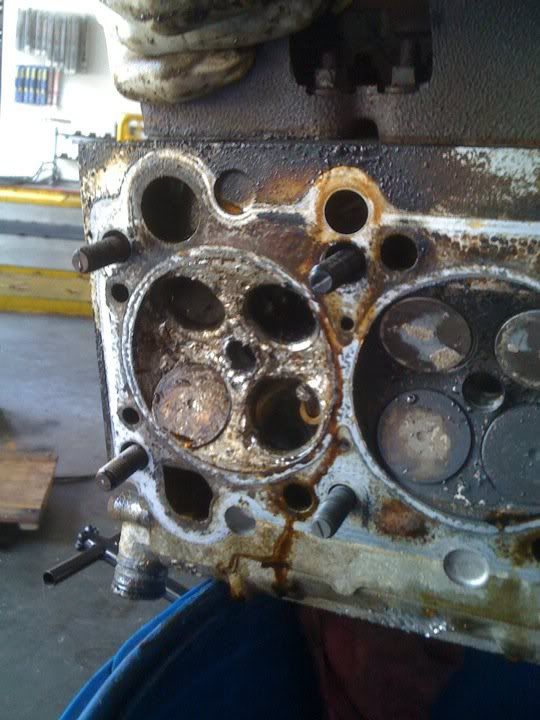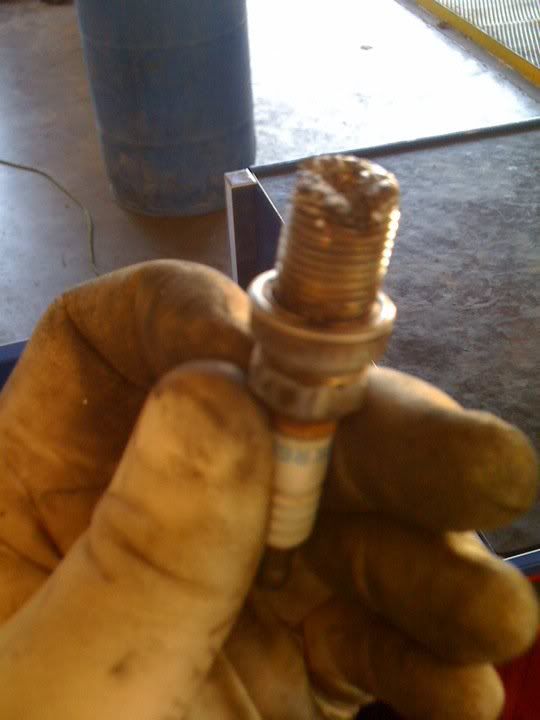Originally Posted By: andrewg
Originally Posted By: bigmike
Originally Posted By: ryansride2017
No thanks. First off, if I would take my vehicle to the red line, the last thing I would worry about is the engine. I do a fair amount of maintenance on my own vehicles including bearings, axles, differentials, etc. Why unnecessarily beat on a car when it very well could cost you more in repair costs (and I'm not talking about the engine here)? To each their own I suppose. I'll just continue driving my vehicles in a normal fashion and keep repair/maintenace costs as low as possible.
+1
I'm glad I'm not purchasing some of the vehicles being mentioned in this thread.
Agreed....there is a reason it's called a REDline. Anything mechanical (or physical as well) that you stress frequently to the point of excess, would have a higher likelyhood of wear and/or failure.
===========================================
Originally Posted By: Colt45ws
Yes, thats why the redline is not plucked out of thin air. Its calculated to keep stresses on the parts within tolerable levels.
Colt is right. What you see as the "published redline" will be well within the range of safe for longevity purposes. The car maker would be insane to set the redline at (or anywhere near) the point where actual damage would be immediate. And they don't. This is, of course applicable to production street cars. I am equally sure that racing engines have redlines that mean what they say...
Originally Posted By: bigmike
Originally Posted By: ryansride2017
No thanks. First off, if I would take my vehicle to the red line, the last thing I would worry about is the engine. I do a fair amount of maintenance on my own vehicles including bearings, axles, differentials, etc. Why unnecessarily beat on a car when it very well could cost you more in repair costs (and I'm not talking about the engine here)? To each their own I suppose. I'll just continue driving my vehicles in a normal fashion and keep repair/maintenace costs as low as possible.
+1
I'm glad I'm not purchasing some of the vehicles being mentioned in this thread.
Agreed....there is a reason it's called a REDline. Anything mechanical (or physical as well) that you stress frequently to the point of excess, would have a higher likelyhood of wear and/or failure.
===========================================
Originally Posted By: Colt45ws
Yes, thats why the redline is not plucked out of thin air. Its calculated to keep stresses on the parts within tolerable levels.
Colt is right. What you see as the "published redline" will be well within the range of safe for longevity purposes. The car maker would be insane to set the redline at (or anywhere near) the point where actual damage would be immediate. And they don't. This is, of course applicable to production street cars. I am equally sure that racing engines have redlines that mean what they say...




